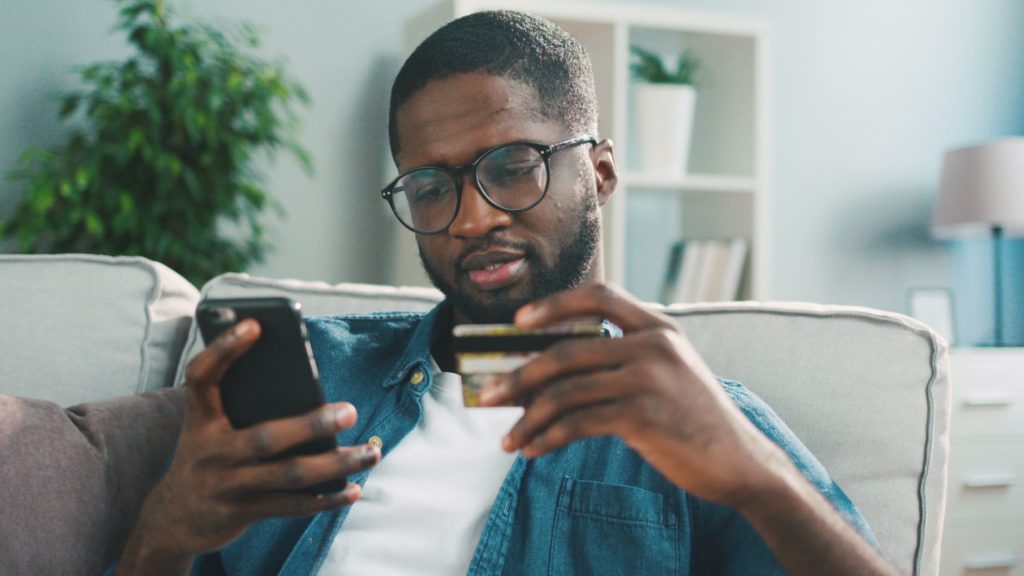Sales had been down at the electronics store, so the salesperson was excited when a caller wanted to buy a high-end big screen TV. “This is great!” the salesperson thought. “This guy knows exactly what he wants. He isn’t even questioning our prices. All I have to do is take his payment and delivery information and collect my commission!”
So the salesperson started processing order. The first credit card provided wouldn’t go through. Embarrassed, the customer provided a second card, which was also denied. Clearly flustered, the customer explained that he had been dealing with an identify theft problem for the past four months and was very upset that the problem obviously wasn’t over. He apologized and provided the account number for a third card, which went through. Hallelujah!
Does anything seem fishy here? It should. All three of those credit cards were stolen.
Unfortunately, the salesperson didn’t recognize any of the red flags. The TV was delivered the next day. A few days later the rightful owner of the credit card that went through saw the charges and contacted his bank to report the fraud. The bank, in turn, initiated a chargeback to the store.
This is where things get ugly
In this situation the merchant had taken a credit card over the phone from an unknown customer. Nothing was signed. They hadn’t even asked the customer to provide the billing address or zip code associated with the card. Consequently, the merchant had no ammunition to dispute the charges. They could not prove that the charge was legitimate.
So what happens in situations like this? The criminal has the TV. The consumer gets their money back. But the merchant is out the money AND the merchandise.
Each year credit card fraud costs merchants billions of dollars. This particular type of fraud is especially insidious because it essentially doubles the merchant’s loss. Ouch!

Don’t let this happen to you
Our best advice: Just like you teach your children not to take candy from strangers, teach your employees not to take credit cards over the phone from strangers. At least for large ticket items, the rule should be that if you do not know the person, do not complete sales this way.
If you absolutely must take a credit card over the phone, watch out for situations in which the customer…
- Does not know the CVV code that’s on the back of the card.
- Does not know the billing address and zip code associated with the card.
- Knows the billing address but wants their purchase to be shipped elsewhere. Bonus points if they want it shipped to a different name at this different address.
In addition, we also recommend that you email an invoice to the customer and insist that they sign and return this document before you complete the sale. This way you’ll at least have a signature on file showing that this person agreed to make this purchase. It might be a forgery, but at least you’ll have proof that you took steps to avoid fraud.

